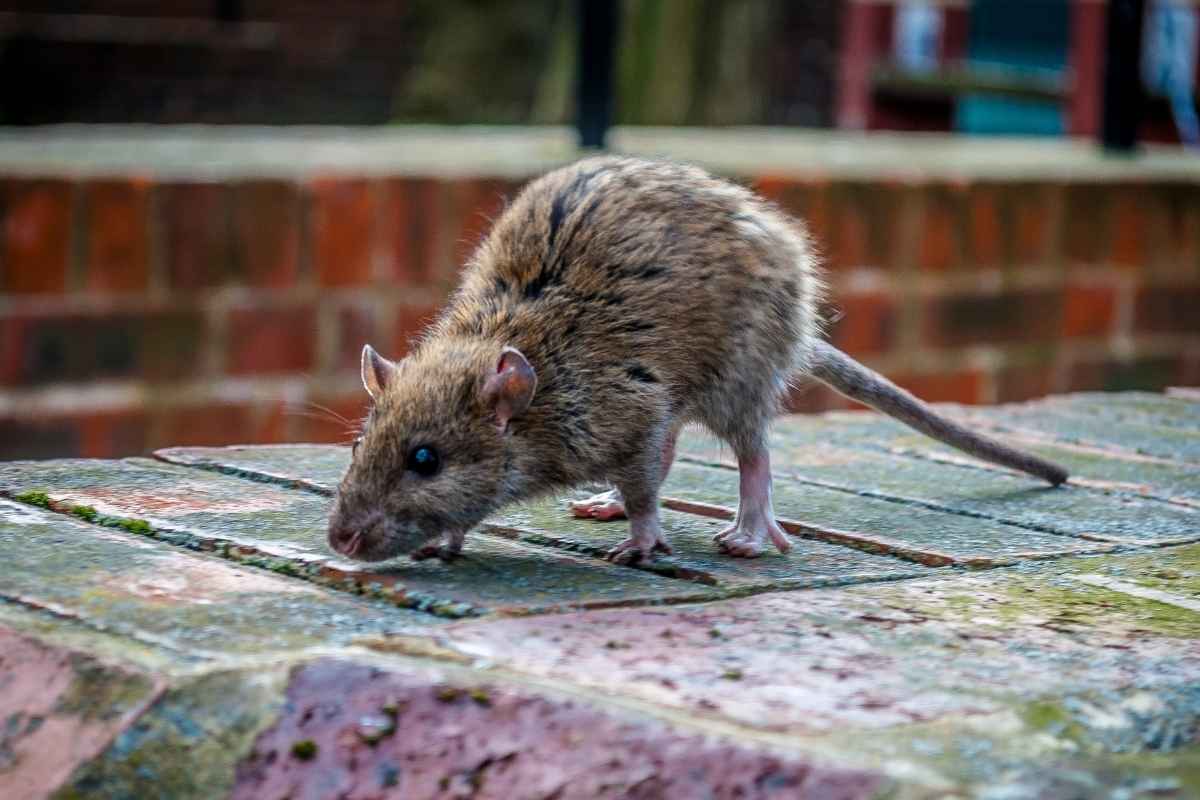Rodents can be a problem pretty much anywhere in the world, and New York City is definitely no exception. Rats have remained a problem for New Yorkers for decades, but recently, they’ve gotten much worse.
Thanks to the COVID-19 pandemic, many restaurants closed their kitchens or strictly limited service to reduce the spread of the virus. An unintentional side-effect of this closure meant that the two million rats currently living in New York City lost access to one of their main food sources almost overnight. And unfortunately, they got resourceful about finding new food options.
With restaurants mostly closed, New Yorkers had to start cooking at home much more often, and this uptick in home cooking meant that individual residences saw a significant uptick in how much food waste they were producing. This meant that the amount of garbage bags on the streets for pick-up dramatically increased, giving rats an easy-access alternative food source.
And unfortunately, because rats had to freely roam the streets even as early in the day as 4:00 P. M. when trash set out began, they lost even more of their fear of people as they mingled with rush-hour vehicles and foot traffic along the sidewalks in search of their evening meal.
Now, steps are being taken to try and reduce the rats’ access to waste.
In early October of this year, Sanitation Commissioner Jessica Tisch announced that the city would be shutting down the “all-night, all-you-can-eat rat buffet” of garbage to help reclaim the streets of NYC.
To accomplish this, new regulations have been put in place that will drastically limit the amount of time waste is able to be laid out for collection. Since the 1960s, New Yorkers have been allowed to leave their waste sitting curbside after 4:00 P.M. in the evenings. But now, that window is being shortened to only permit citizens to take out their trash after 8:00 P.M. There is an exception to this rule that allows individuals to set their trash out earlier at 6:00 P.M., but the waste must be contained in sealed containers to help reduce rodent activity.
Additionally, certain larger buildings with nine or more units will have the option once a year to opt-in for an early morning set-out time from 4:00 A.M. to 7:00 A.M., with tailored routes being designed to help get trash off the streets almost as soon as it’s set out.
Some urban ecologists like Michael Parsons are skeptical that this change will be effective in curbing the rat problem, stating that the fix seems like “some kind of knee-jerk reaction” rather than a proactive solution to the problem.
However, Commissioner Tisch remains hopeful that the new regulations will produce lasting results that reduce the rat problem by beginning to reduce the number of hours trash remains on the streets from the current fourteen-hour window to a much more modest four hours.
